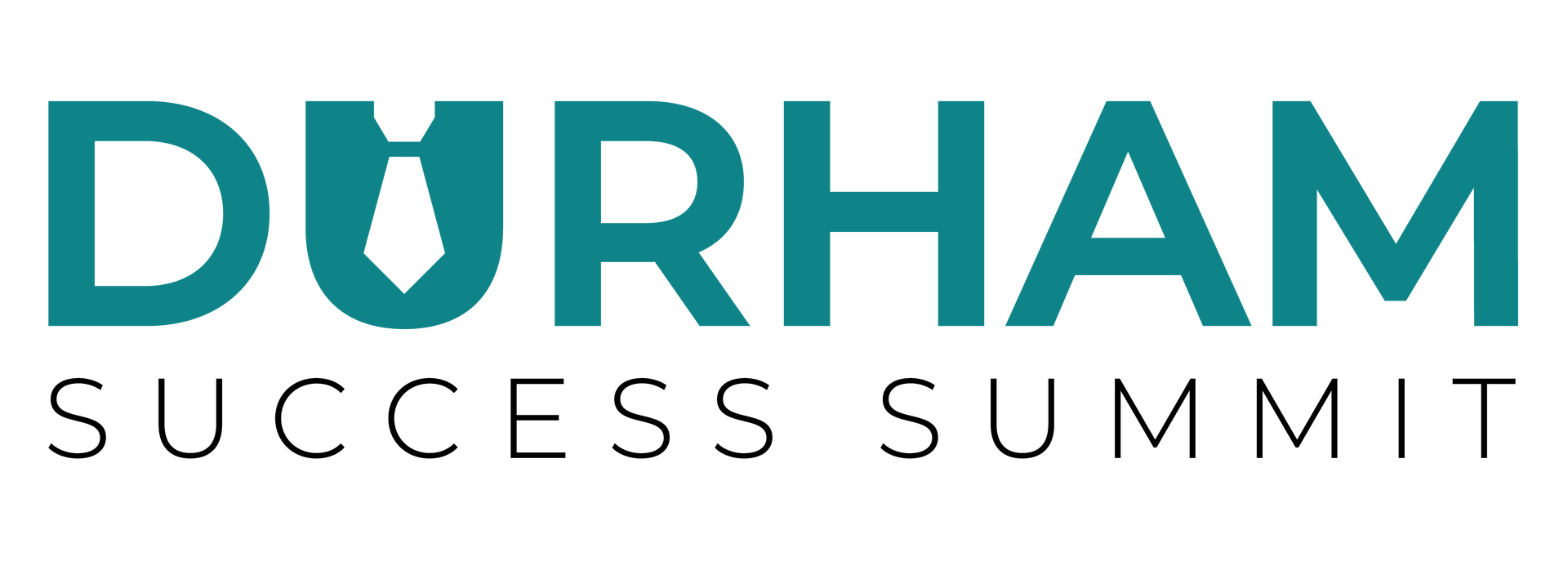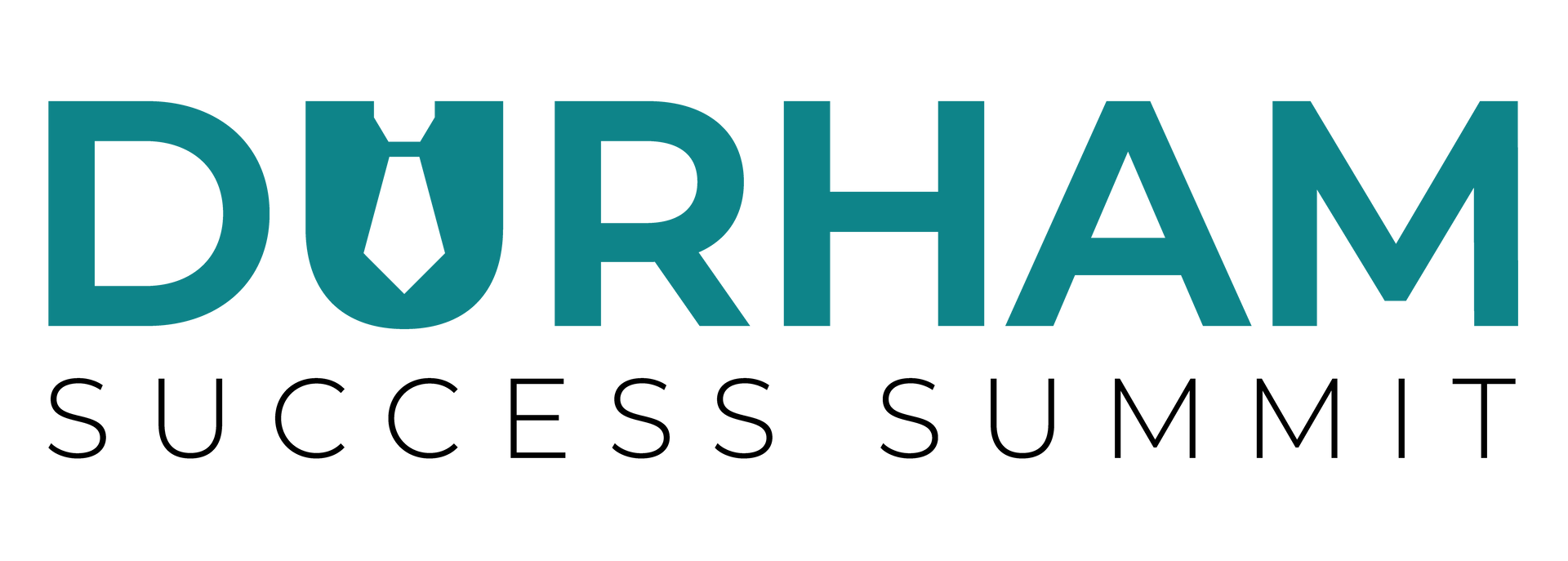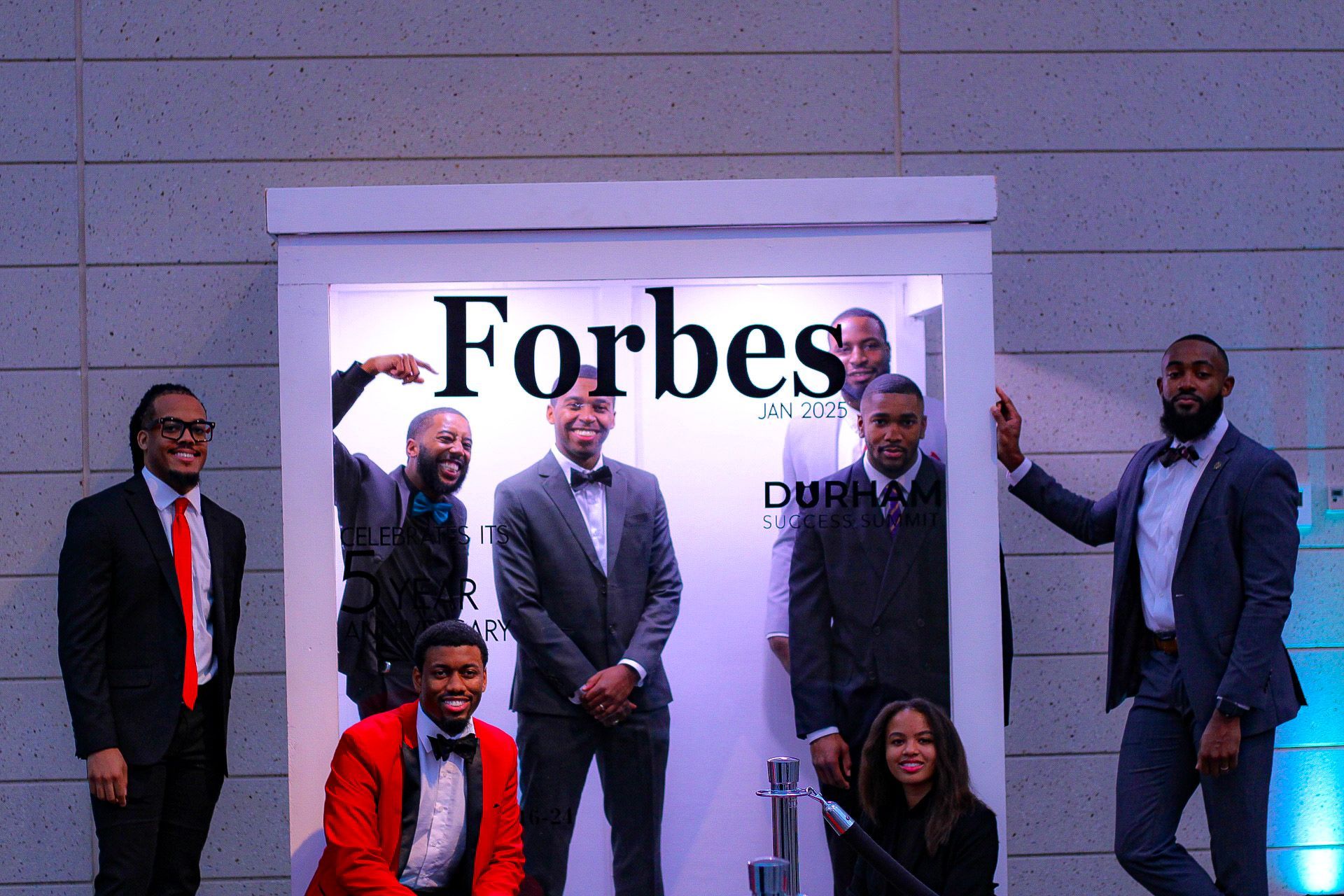Beyond Paychecks: How Jobs Can Heal Communities
Why Job Access is Essential for Healthier, More Resilient Communities

Employment isn’t just a means to economic stability—it’s a powerful tool for building healthier, more resilient communities. For young Black men, securing steady employment can be the difference between economic mobility and persistent inequality, and it plays a critical role in bridging gaps in health outcomes as well. At Durham Success Summit (DSS), we see how comprehensive support in employment readiness can address disparities, improve lives, and ultimately help individuals reach their fullest potential.
Employment as a Determinant of Health
For many Black men, the stakes of joblessness go beyond finances. Employment status is a predictor of health, and the absence of job security brings heightened risks. Research from the National Institutes of Health shows that unemployed Black men face a 60% higher risk of all-cause mortality compared to those who are employed. Without jobs that offer health benefits, young men may delay or miss critical treatments, leading to untreated chronic conditions like high blood pressure and heart disease—illnesses prevalent in underserved communities. Furthermore, lack of employment can intensify mental health challenges, adding layers of stress that exacerbate these health issues.
This connection between work and health underscores the need to address employment inequalities as a public health priority. Stable employment provides access not only to income but to health coverage, enabling preventive care, regular check-ups, and mental health resources—benefits that are too often out of reach for Black men facing systemic barriers to stable jobs. Employment becomes a safeguard, protecting physical and mental health and building a foundation for long-term well-being.
Realizing Potential Through Employment and Community Support
Our mission at DSS goes beyond preparing young Black men for the workforce. It’s about empowering them to achieve economic and personal stability in a supportive community. Employment, when paired with mentorship and wraparound resources, helps young men envision and realize their potential, bridging generational gaps in both wealth and health.
The pathways we create are critical in preventing the cycle of inequality that persists in many communities. Job readiness and access are just the starting points; by integrating life skills, financial literacy, and mental health resources, DSS is fostering a holistic approach that builds more than just employability. We’re cultivating future community leaders who are resilient, resourceful, and ready to contribute meaningfully to society.
Partnering for Change and Health Equity
To make a real difference, we need a collective commitment to creating equitable opportunities. When communities rally around workforce development, they’re investing not only in the economic stability of individuals but in the health and future of entire communities. At DSS, we’re committed to bridging gaps, supporting our youth, and developing programs that address employment disparities and their broader health impact. Our work is about fostering growth, cultivating potential, and ensuring that health and wealth aren’t privileges for the few but possibilities for all.
We invite community leaders, philanthropists, and advocates to join us in this mission. Together, we can close the racial wealth gap, improve health outcomes, and create a future where every young Black man has the opportunity and support to succeed.





